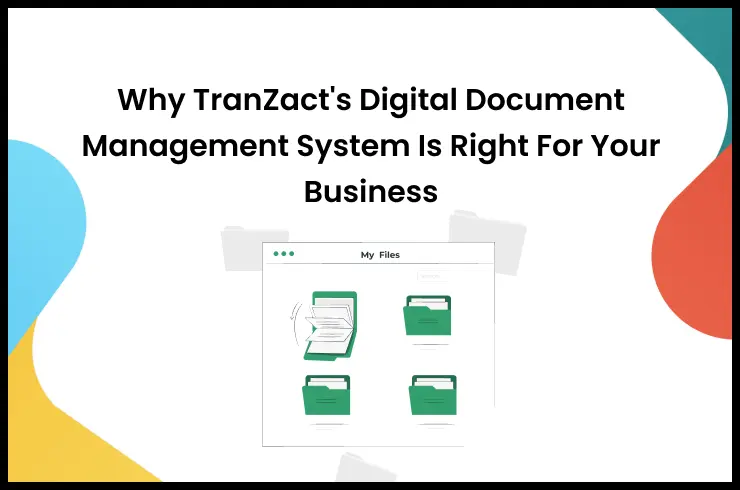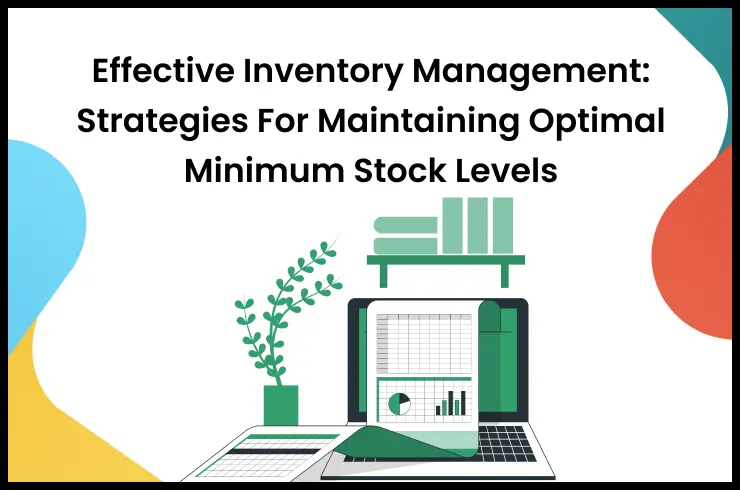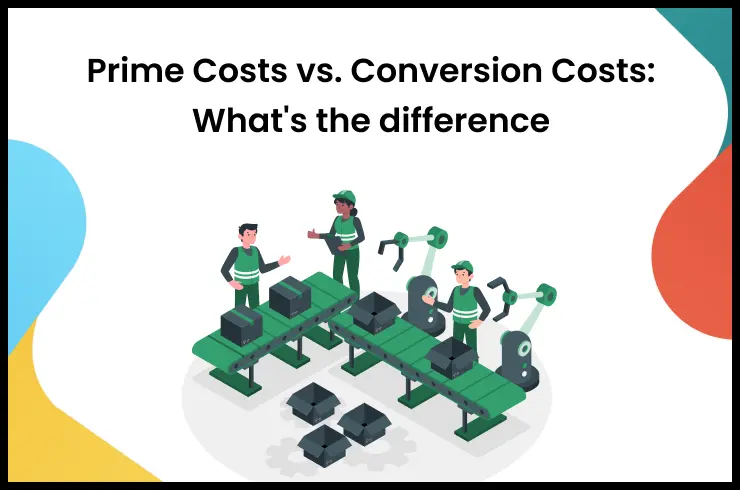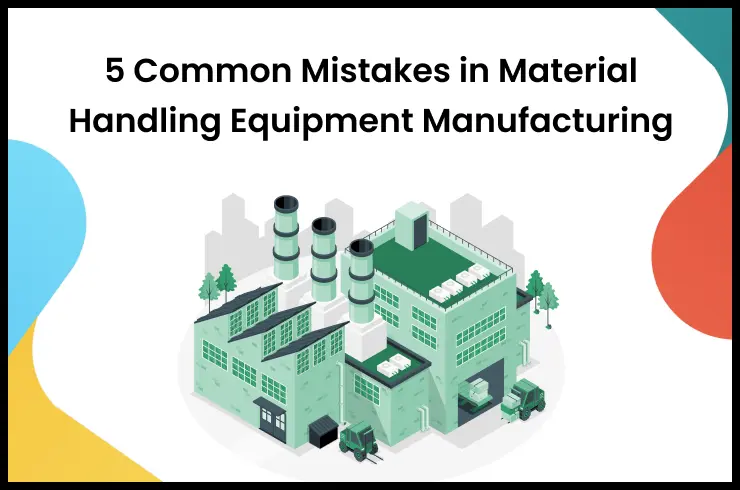A quality management system is a non-negotiable functionality when it comes to manufacturing and service businesses. Quality can never be compromised for both services and goods to ensure customer satisfaction. Before you implement a quality management system (QMS), it is always recommended to check the required features of QMS software and tools in the market and understand their functionalities, integrations, and how they can help your business.
You can implement a basic QMS system and later scale it as your business grows. This article provides a complete understanding of all the key aspects of QMS and why you must implement it in your business.
What Is a Quality Management System (QMS)?
A quality management system is a tool, a set of processes as well as a philosophy implemented and followed by businesses globally to ensure the quality of products and services. Businesses use the quality management system to adhere to all the quality requirements and enhance business efficiency and profitability.
A QMS typically comprises components such as a pre-determined quality policy and objectives, quality planning and implementation strategy, quality assurance and control, quality improvement, and corrective action along with review and continuous improvement practices.
Many businesses still undermine the capability of quality management systems as they are unaware of their importance. The fact is that quality management system software can benefit every company no matter the scale of operations and nature of business. Let's look at the importance of a quality management system.
Why Is Quality Management System (QMS) Important?
As mentioned on the ISO website, there are more than one million companies worldwide with ISO 9001 certification. This speaks volumes about the benefits and importance of a quality management system for business organizations. When a business implements a quality management system, it benefits in more ways than one by improving its processes, products, and services.
A QMS supports businesses to establish a framework for quality control, improvement, and risk management within an organization. It can streamline operations, minimize waste, and enhance efficiency. When processes are streamlined and efficient, businesses can reduce risks, and increase transparency and accountability. By identifying and eliminating non-value-added activities, organizations can reduce costs, increase productivity, and improve their bottom line.
Benefits of Quality Management Systems
You will be amazed at how a QMS can help your business reach new heights of success. Take a look at the key benefits of QMS.
Adherence to quality standards
The first and foremost benefit of a quality management system for a business is its adherence to all the quality standards and regulations your business has set for itself compared to the other competitors in the market.
Enhanced quality
A business needs to constantly upgrade the products and services which they are offering to its customers. And for such purposes, a quality management system is considered an ideal choice because it enhances the total quality of all the niches in your business.
Improved customer satisfaction
Using the quality management system, your business would be able to provide ultimate customer satisfaction, which is crucial to the overall growth and profit generation for your business going forward.
Cost reduction
By implementing this system, your business would be able to save all the costs that could arise due to reworking, scraping, or restructuring the products or services in case of complaints put forward by the customers.
Next, let's understand the key elements of a QMS.
Elements and Requirements of a QMS
The elements of QMS software are different for different organizations depending on the type, structure, and size. If you are a business owner, you must be aware of the need and common elements of QMS that are applicable to most organizations, they are -
- An exhaustive quality policy and guide - This serves as a quality manual for the organization and is aimed at customer satisfaction by improving its processes.
- Documentation: This is a key aspect of QMS, and companies need to ensure that all the documents related to processes and procedures like a quality manual, forms, and templates are always updated and maintained.
- Data management and analysis: Most organizations collect, store, and analyze their data to help improve their business performance. In QMS, both data management and data analysis are crucial to prevent any major non-conformance.
- Equipment calibration and maintenance: This is a vital aspect of QMS in manufacturing units to ensure production is being carried out seamlessly.
- Inventory and supplier quality management: This element of QMS ensures that all supplies like raw materials or any other required inventory are always in stock and of high quality.
- Internal audit: Internal audits are done with the aim to improve processes and ensure compliance with standards and regulations.
- Training and competence: The success of QMS is dependent on the training and participation of employees as well as their professional development and competency to execute allocated tasks.
Different Types of Quality Management Systems
Different quality management systems have their own set of standards, and you can choose one depending on your specific business and industry type.
- ISO 9001: ISO 9001 quality management systems (QMS) is developed by the International Organization for Standardization (ISO). It offers a framework for businesses and organizations that helps in continuous improvement and customer satisfaction. It is widely used in many industries, including manufacturing, healthcare, and service organizations.
- Six Sigma: This is a data-driven quality management system that aims to eliminate defects and minimize variability in business processes. It is usually implemented via a team-based approach and trained professionals.
- Total Quality Management (TQM): This system focuses on continuous improvement and involves everyone in the organization in the process from top management to base-level workers. Key principles of TQM are customer focus, continuous improvement, employee involvement, and a process-centered approach.
- Lean Manufacturing: This QMS philosophy focuses on eliminating waste and optimization of processes to increase efficiency and reduce costs.
- Agile: This QMS is applicable in software development and other industries and focuses on working as a team, repeating a task quickly, and responding to feedback. It is flexible and adaptable to changing customer needs and market trends.
Let's now understand about implementing QMS.
How to Implement a Quality Management System?
To benefit from the QMS features, you need to implement them properly by following certain steps as explained briefly below.
- Define the requirements: It is important to define the requirements of the QMS per the organization's objectives. This includes understanding the applicable standards and regulations and ascertaining the processes and expectations of customers as well as stakeholders. It also includes the objectives of the QMS.
- Design, build, customize: The next key step to implementing QMS software is to design and build the software according to the requirements and objectives of your business.
- Make a detailed plan: This step covers responsibilities, timelines, and resources, such as people, technology, and infrastructure. So, make sure this is done after thorough brainstorming of needs and objectives.
- Implement and deploy the QMS: The next step would be deploying QMS in your business effectively. Implementation of the QMS must be done as per the plan and processes. This also involves determining controls and supervising performance.
- Continuous improvement and maintenance: Based on monitoring and data analysis, improvement areas are identified in order to take corrective measures and preventive actions. Also, it needs to be ensured that the QMS is relevant, maintained, and updated with respect to the changing needs and regulations.
- Reviews by management: Depending on the audit system of your company, regular QMS reviews by the management are necessary to ensure that the quality system is in tune with the business goals. This includes conducting internal audits, gathering feedback, and doing data analysis to measure performance.
Quality Management System Principles
When it comes to quality management systems, their principles are of immense importance in defining their effectiveness. Let's take a look.
Customer focal point
Whenever a business tries to enhance customer satisfaction, one of the first things they need to do is focus on the preferences of the customers. Hence, one of the key principles of QMS is meeting customer requirements and ensuring customer satisfaction.
Engaging people
Employees are a key asset for every business. Therefore, it is the key objective of QMS to engage employees in improving the organization's processes, products, and services.
Effective decision making
Without proper decision-making, a business cannot grow to the level it should after a certain time. That is why effective decision-making by the top management based on facts about QMS is important for its overall effectiveness.
How QMS Software Can Help Businesses?
If you run a business, you must read this section carefully to know why you must implement a QMS in your organization.
- Ensuring compliance: Businesses need to comply with various regulatory requirements and industry standards. With QMS software, your business can easily comply with such requirements and industry standards using advanced tools for tracking and managing compliance tasks, conducting audits, and generating reports.
- Increased transparency: Transparency is very important to help top management and stakeholders make informed business decisions about processes. Your QMS software will provide a complete overview of the processes, quality, and people.
- Enhanced traceability: One of the common problems that most businesses face nowadays is the non-accessibility of information throughout a product's lifecycle. A QMS can help businesses monitor and trace products and materials at every stage of their lifecycle which enhances supply chain visibility and timely identification of quality issues.
- Improvement in efficiency: By effectively implementing the right QMS, your business can become more efficient and upscale its operation by streamlining processes, reducing costs, and decreasing the time for operations.
- Reduction of human error: Most businesses are susceptible to various human errors at various stages of their operations. However, such problems can be easily avoided by using quality management software that automates many processes.
- Increase in customer satisfaction: Businesses that implement QMS can produce quality products and deliver high-end services as all the processes and procedures are well defined and followed. Problems are identified and resolved without delay. As a result, customers and clients get what they expect and are completely satisfied.
- Higher profitability: An important fact is that QMS improves profitability by helping businesses produce quality products and services every time. When customer satisfaction is improved, profitability is higher.
- Scalability: Scalability is one of the key goals of every business owner. With QMS, your business can grow and scale; and along with it, the QMS software can also be scaled as per the business need. Therefore, a QMS benefits all businesses be it an SME, medium-scale, or large business.
What's the Difference Between Quality Management System (QMS) and Quality Assurance (QA)?
Quality Management System (QMS) refers to a comprehensive system of policies, processes, procedures, and records used to ensure that an organization's products or services consistently meet or exceed customer expectations. It is a holistic approach that encompasses all aspects of an organization's operations, from product design and development to customer service and support. The primary goal of a QMS is to establish a framework for quality control, improvement, and risk management within an organization.
Quality Assurance (QA) is a part of QMS that aims at ensuring that the products or services adhere to the required quality standards. QA is mainly focused on the quality of the finished product or service; and for this, it implements certain processes. It aims at maintaining the quality standard of the product or service. Quality assurance is the promise that companies make to their customers while delivering all the products and services they offer.
In a nutshell, QMS is a broader concept and covers all aspects of quality management in a business, while QA is a subset of QMS that aims at achieving and maintaining the quality of the product or service.
Improve Your Business Profitability With QMS Software
Having seen the benefits of a quality management system, you must surely be looking forward to working in the direction of implementing the same in your organization and boosting efficiency and profitability. TranZact integrates core functions such as inventory, production, and material planning and implements key checks in an automated manner. It also offers finished goods quality testing along with digitized audit trails to improve quality management across the business.
FAQs on Quality Management System
1. What are the benefits of a QMS platform?
Effective implementation of a QMS platform helps the business to comply with all the company's quality policies and standards. Moreover, it also helps enhance quality, reduce cost, increase efficiency, and boost profits.
2. What are the 7 principles of QMS?
The 7 principles of QMS are:
- Engagement of people
- Customer focal point
- Leadership qualities
- Accurate process approach
- Continuous improvement
- Evidence-based decision making
- Relationship management
















